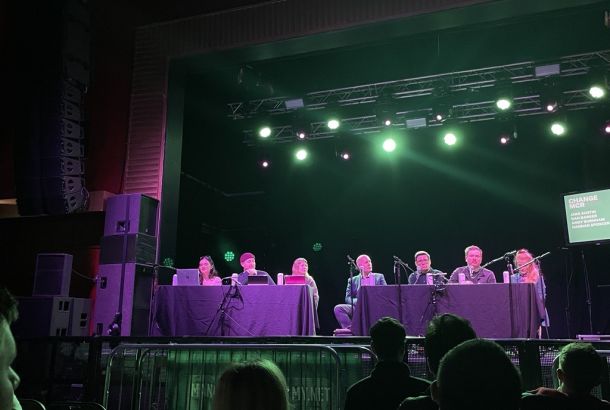Labour Party conference report
Jeremy Corbyn closed the Labour Conference, which took place in Liverpool from the 25th–28th September 2016, stating that he is “convinced” his party can climb “an electoral mountain” when the next general election comes. Additionally, Corbyn expects a general election as soon as next year. He stated in his speech: “So today, we put ourselves on notice. Labour is preparing for a general election in 2017 […] Let’s do it, and be ready for the challenge whenever it comes.”
Corbyn is ready to build support by “being the voice of women, of young people and pensioners, middle and lower income workers, the unemployed and the self-employed, minority communities and those struggling with the impact of migration at work and everyone struggling to get on, and secure a better life for themselves, their families and communities.”
Corbyn’s second consecutive leadership election victory, with a majority win of 119,980, will arguably make it difficult for the Labour party to move in any other direction than the one their leader proposes—“21st century socialism”.
However, party division was a dominating theme of conference, and it was openly addressed throughout. Corbyn called for an end to “the trench warfare”, and the eight standing ovations during the closing speech—“more than under the Blair years”, Shadow Secretary of State for Health Diane Abbott seemed pleased to proclaim—suggests that perhaps the message had taken hold. Following days of under-the-covers rumors and speculation, the concept of a ‘Labour family’ was Corbyn’s solution.
Unity has not only been a theme of this conference, but also seems to have emerged as a theme of Corbyn’s policy. He and his loyal team seem to have worked out their vision for the party, and see their overwhelming mandate as justification to enforce their policy on the party and encourage everyone to get round it. He closed the conference by stating: “Conference, united, we can shape the future, and build a fairer Britain, in a peaceful world.”
Corbyn has not been quiet about the socialist tendencies of his policy.
In his closing speech he termed it as, “21st century socialism […] the socialism I believe in is everyone working for the same goal, and everyone sharing in the rewards.” Yet he understands that it may prove difficult to win a general election when the word “socialism” could be considered ‘taboo’ by some.
Shadow Chancellor John McDonnell addressed this at the end of his speech last Tuesday, attempting to turn the word into something to be proud of, concluding; “that’s our vision to rebuild and transform Britain. In this party you no longer have to whisper it, it’s called Socialism.”
With a full bench team expected by the 10th of October, when parliament recommences, the party still has a long way to go before a general election. But for now, at the end of another year’s conference, the members of the party who will likely make up Corbyn’s shadow cabinet are looking a lot more united than they did a year ago. But peace? “I wouldn’t go so far as to say that,” says Diane Abbott.







